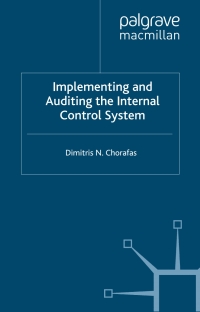Answered step by step
Verified Expert Solution
Question
1 Approved Answer
On February 2, Miles Inc. pays $800 to purchase a one-year insurance policy that will expire next year on January 31. Miles indicates this transaction
On February 2, Miles Inc. pays $800 to purchase a one-year insurance policy that will expire next year on January 31. Miles indicates this transaction in its books by recording an $800 reduction in cash and an $800 increase in expenses. Did Miles make the proper accounting entries? Why or why not? No, Miles did not make the proper accounting entries. Prepaid insurance is a liability, not an expense. Thus, the firm should have offset the $800 decrease in cash (an asset account) with an $800 increase in prepaid insurance (a liability account). O No, Miles did not make the proper accounting entries. Prepaid insurance is an asset, not an expense. Thus, the firm should have offset the $800 decrease in cash (an asset account) with an $800 increase in prepaid insurance (also an asset account). O No, Miles did not make the proper accounting entries. Prepaid insurance is a liability, not an expense. Thus, the firm should have offset the $800 decrease in cash (an asset account) with an $800 decrease in prepaid insurance (a liability account). Yes, Miles made the proper accounting entries. In order to keep the accounting equation in balance, the firm had to increase its expenses and thus decrease its stockholders' equity by the same amount as it decreased its assets.

Step by Step Solution
There are 3 Steps involved in it
Step: 1

Get Instant Access to Expert-Tailored Solutions
See step-by-step solutions with expert insights and AI powered tools for academic success
Step: 2

Step: 3

Ace Your Homework with AI
Get the answers you need in no time with our AI-driven, step-by-step assistance
Get Started


